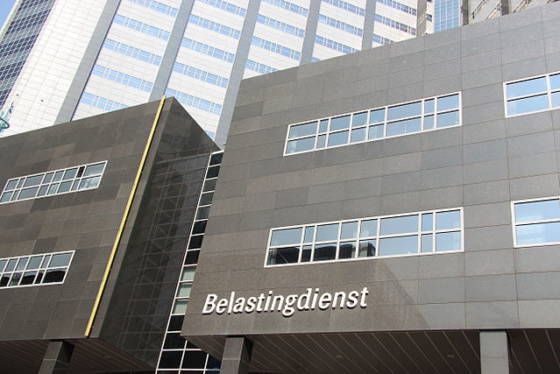Tax office accused of heavy-handed approach to suspected income tax fraud


The tax office is under fire again for its handling of fraud investigations after it emerged that tens of thousands of taxpayers were subject to excessive checks and penalties on their income tax return.
The Belastingdienst ran a secret anti-fraud operation named ‘project 1043’ designed to ‘disrupt, smother and prevent’ tax avoidance, Trouw and RTL Nieuws reported. Officials sometimes rejected genuine, correctly filed tax returns because the person submitting them was earmarked as a potential fraudster.
The investigation focused on individuals who offset large amounts of income tax in the form of deductible healthcare costs, donations to charity and private pension contributions. An estimated 18,000 people are still being subjected to extra checks.
Applications were rejected in some cases after they had been initially approved and even when taxpayers produced receipts and other documentation such as doctor’s statements.
Taxpayers whose files were labelled ‘1043’ or ‘CAF’ were subjected to regular additional checks on their income tax declaration for a standard period of six years, which could be reduced of extended by officials.
Around 150,000 people were included on the list because their financial advisors were identified as ‘facilitators’ of tax evasion, regardless of whether there was any evidence of individual wrongdoing.
Trouw reported that the individuals targeted had no means of redress or any idea that they had been singled out for extra scrutiny. Staff at the tax office hotline (belastingtelefoon) were told not to inform callers that they were under investigation.
The operation has echoes of the childcare benefits scandal, in which parents were marked as suspected fraudsters and wrongly asked to pay back thousands of euros. A criminal investigation has been launched into allegations that tax officials were involved in extortion and systemic discrimination such as ethnic profiling.
Pieter Omtzigt, the Christian Democrat MP who campaigned for families affected by the earlier scandal, said more transparency was needed to hold government agencies to account.
‘[We need] more instruments to bring these documents to light,’ he said. ‘If I don’t have the documents, I can’t scrutinise. Just as an accountant needs to have receipts.’
Thank you for donating to DutchNews.nl.
We could not provide the Dutch News service, and keep it free of charge, without the generous support of our readers. Your donations allow us to report on issues you tell us matter, and provide you with a summary of the most important Dutch news each day.
Make a donation